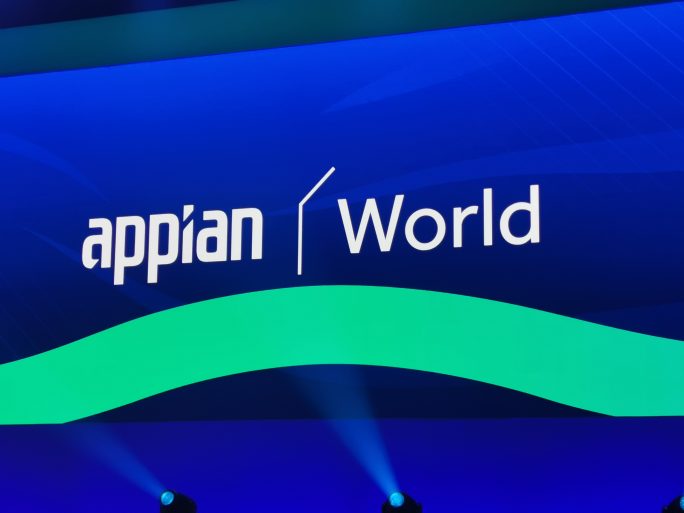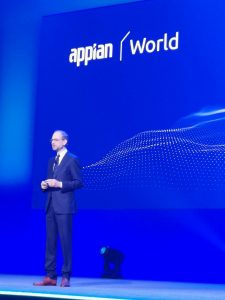Appian Integrates Process Mining and Enterprise AI into its platform with its Data Fabric

During Appian World 2024, the software manufacturer announces Process HQ to improve control over corporate data and processes.
Appian is currently holding the Appian World 2024 conference in Washington DC, which coincides with the 25th anniversary of the company’s founding. Silicon is here to bring readers the main new developments announced.
Over the last few years, the software manufacturer has put its foot on the accelerator to go beyond the management of business processes and build a platform that responds to the needs of organisations in the design, automation and optimisation of these processes in an agile way while democratising the use of technology.
On this occasion and after the acquisition of the company Lana Labs three years ago, Appian has made a powerful integration in its platform to have greater visibility not only of the business data managed by its Data Fabric, but also of all the processes to measure, quantify and optimise them more efficiently. All this with high doses of traditional artificial intelligence and generative artificial intelligence to detect what is working, what is not, and what can be improved.

This philosophy has given birth to Process HQ, fully integrated into the Appian Platform, the future of data mining that is already present because it mitigates, according to the company, the traditional problems of these technologies: costly and often subjective manual data preparation (even ‘standard’ systems have been customised), and limited tools to resolve process bottlenecks.
The key features of Process HQ are as follows:
- Process Analytics – Enables business users to discover insights and explore business processes through AI-driven analysis of workflows, leveraging detailed audit information captured within Appian’s data fabric. This feature identifies bottlenecks, errors and delays, providing intelligent recommendations for process improvements.
- Data Fabric Analytics: Makes it easy for business users to explore enterprise data, create custom reports and generate dashboards. This capability, combined with Appian AI Copilot, enables faster insights and reporting without development expertise.
In addition, the latest release of Appian includes enhancements to generative AI, offering eleven new AI skills that use an integrated Large Language Model (LLM) for a variety of use cases such as document summarisation, personal information identification, text generation, and more. These enhancements simplify the integration of generative AI into Appian applications, allowing users to efficiently generate AI responses from contextually relevant prompts.
Indeed, Appian AI Copilot has also been enhanced to automate development tasks by generating sample data and unit testing applications. AI Copilot uses generative AI to automate test case generation, suggesting cases aligned with users’ business roles and ensuring comprehensive coverage of business logic.